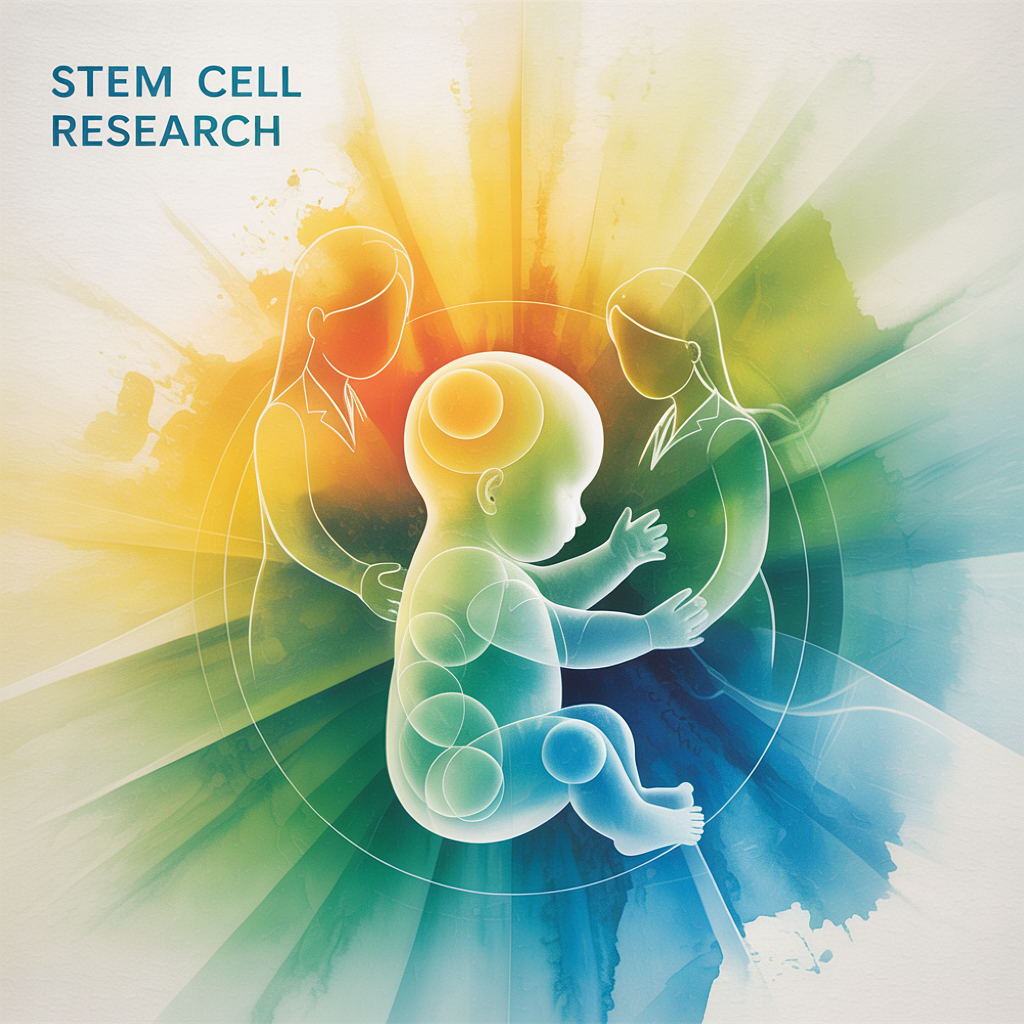Stem cell therapy and regenerative medicine are redefining what’s possible in neonatal care. According to Dr. Fazal Nabi, Director of Paediatrics at Jaslok Hospital & Research Centre, these innovations may soon help address conditions once considered irreversible—ranging from congenital heart defects to brain injuries at birth.
At the center of this evolution are stem cells sourced from umbilical cord blood and tissue. These include hematopoietic stem cells (HSCs), which support blood cell production, and mesenchymal stem cells (MSCs), which show promise in tissue repair and immune modulation. Their availability at birth and relative ethical acceptability—especially compared to embryonic stem cells—make them uniquely suited for early intervention.
The applications for newborns are wide-ranging:
- Blood Disorders: Stem cells from cord blood are already used to treat leukemia and immune deficiencies, helping re-establish healthy cell production after treatment.
- Birth Injuries: MSCs may aid in repairing brain tissue affected by neonatal hypoxic-ischemic encephalopathy (HIE), a serious oxygen-deprivation condition.
- Congenital Defects: Research is exploring the ability of stem cells to regenerate damaged heart tissue and potentially address structural abnormalities.
- Immune Support: For premature infants with fragile immune systems, stem cells may help boost defenses against infections.
- Lung Repair: In cases of bronchopulmonary dysplasia (BPD), a chronic lung condition, MSCs may reduce inflammation and improve lung development.
Yet as gene editing and bioprinting technologies advance, the horizon looks increasingly hopeful. Stem cell therapy may soon become a standard option for newborns with complex conditions, transforming how neonatal medicine is practiced.


